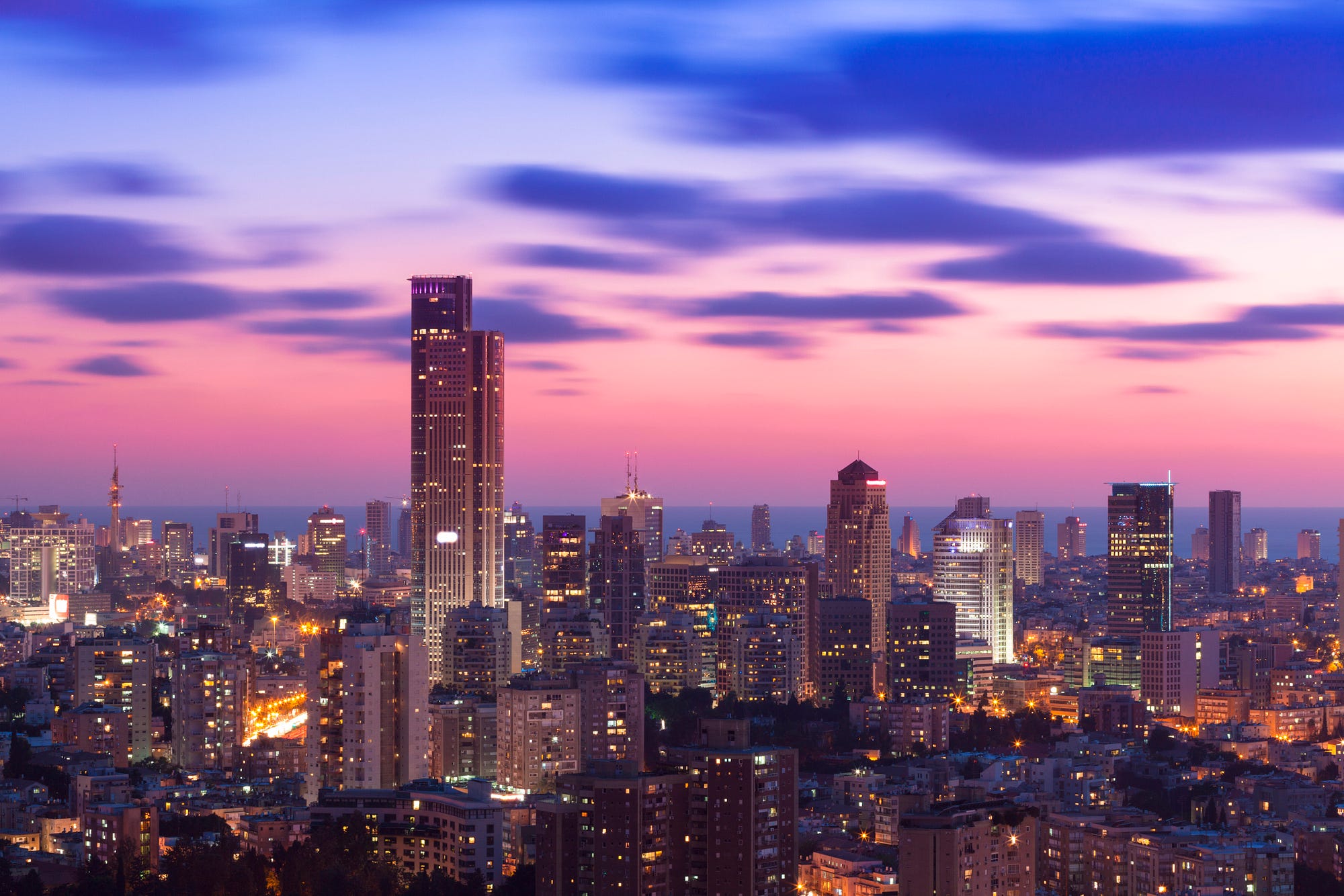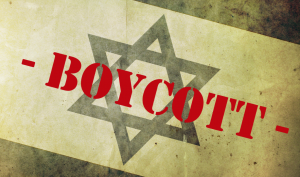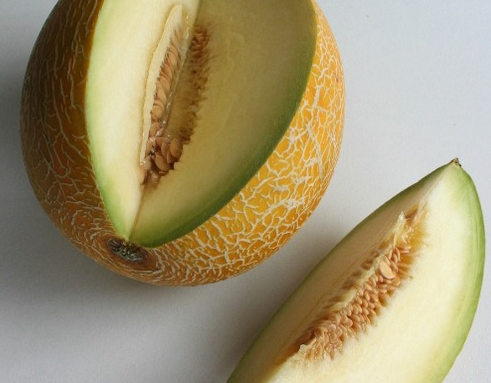
In his recent visit to the Middle East – his first visit abroad, and one fraught with symbolic messages – President Donald Trump achieved most of his goals. Never has a US president been received with so much tribute, praise, appreciation, and admiration by both Muslim and Jewish leaders. Heads of the most important states in the Arab world lauded his friendship, qualities, and strategic aims. There is no great surprise here. Trump completely reversed the attitude of Obama, which verged on hostility, towards both the pro-American Arab states and Israel. The Saudi royal reception for Trump was a particularly vivid response to Obama’s policy. The huge arms deal Trump signed with Saudi Arabia could challenge Israel’s national security. Trump failed to implement his election promise to move the US embassy from Tel Aviv to Jerusalem, primarily because it seemed to contradict his plan to engineer an “ultimate deal” between Israel and the Palestinians.
Barack Obama’s and Donald Trump’s initial visits to the Middle East were very different. In April 2009, Obama visited Ankara to show his esteem for Erdoğan and the “demo-Islam” he had created – supposedly a functioning integration of Islam and democracy. In June of that year, he went to Riyadh and Cairo to launch a historic reconciliation between the US and the Islamic countries. He bypassed Israel to show that he was distancing himself from it, which, in his view, was required for this historic reconciliation. Obama did not manage to fulfill any of the objectives of his visits.
Like Obama, President Trump has also put the solving of the Israeli-Palestinian conflict high on his order of priorities. After his critical remarks about Islam and placing a limited ban on entry of Muslims from seven countries into the US, Trump sought to appease the Arab and Muslim world, which, out of strategic interests, elected to ignore both slights.
Any visit abroad by a US president conveys orders of priority. The president is accompanied by hundreds of journalists and receives extensive media coverage in both the US and the rest of the world. Every choice of who will accompany him, where he will visit, with whom he will meet, sign agreements, give speeches, and dine – is made fastidiously, with the aim of transmitting messages.
Trump brought along his top foreign policy and defense officials: the secretary of state, the secretary of defense, and the national security adviser. He may have wanted them to help him analyze situations in real time, or they may have wanted to keep an eye on him and prevent blunders. Simultaneous meetings with counterparts in the different countries were no less important than Trump’s meetings with heads of state. Senior officials were able to exchange views on specific issues for which they are responsible. The fact that, in unusual fashion, they were added to the entourage reflects the importance Trump attributed to this visit, which was aimed at rehabilitating strategic relations with allies in the region that had been damaged during Obama’s tenure.
Despite the months of effort that go into every detail of a presidential visit, the planning of the visit to Israel was flawed. Frequent changes regarding events and times indicated confusion and disorder. Still, the visit managed to proceed without hitches, gaffes, or surprises.
Framing Trump’s Middle East visit as an attempt at collaboration with the three great religions in defeating Islamic extremism and terror was a brilliant public relations idea, and it had other advantages as well. The visit to Saudi Arabia as guardian of the Islamic holy places forestalled envious complaints by countries such as Egypt; the visit to the Church of the Holy Sepulchre in Bethlehem averted the need to visit Ramallah; and the fact that the first-ever visit to the Western Wall by a US president was characterized as private precluded the participation of Netanyahu, which could have been interpreted as recognition of Israeli sovereignty over the location.
Trump’s visit demonstrated broad agreement between the Arab leaders and Israel on the threats hovering over the region and ways to deal with them. The bedrock of this concurrence of views is their position on Iran. Trump repeated his promise to prevent Iran from going nuclear and to counteract its sponsorship of terror and subversion of friendly regimes. He also claimed, in light of support from Arab allies and the desire to return to negotiations with the Palestinians, that Netanyahu and Abbas had expressed to him that an opportunity for Israeli-Palestinian peace had arisen. He steered clear of that minefield by avoiding any mention of terms, details, or time schedules.
The visit had domestic American ramifications as well. Trump’s success in the region will not help him tamp down the probe of his administration’s ties with the Russians during and after the election. But the signing of wide-ranging agreements on weapons for the Saudis and investments in the US will help him claim that he knows how to exploit international opportunities to boost employment in the US – especially in the defense industries, with their current travails.
The huge arms deal, however, estimated at $100 billion, could challenge Israel’s national security. It may create new conventional arms races in the region, and have adverse effects on the balance of conventional arms between Israel and Saudi Arabia. Furthermore, “the Arab Spring” has shown that no government in the Middle East is immune from revolution or coup d’état. On several recent occasions, American weapons have been found in the hands of enemies.
ISIS, for example, has captured and used large quantities of American weapons. If the royal regime of Saudi Arabia were to be removed and replaced by an Islamic, anti-Western government, the new weapons might be directed against Israel. During the administrations of Ronald Reagan and Jimmy Carter, Israeli leaders strongly protested similar deals. Netanyahu kept silent, probably because he didn’t wish to antagonize Trump during his visit. Israel will have to address this challenge sooner or later.
The transfer of the US embassy from Tel Aviv to Jerusalem was another controversial issue for Israel. Many presidential candidates have promised to move the embassy, but none ever did it. On October 23, 1995, Congress passed the “Jerusalem Embassy Act,” which instructed that the embassy be moved no later than May 31, 1999 and called for Jerusalem to remain an undivided city recognized as Israel’s capital. President Bill Clinton argued that such laws infringe on presidential authority in foreign affairs, so an article was included in the act allowing the president to delay implementation due to national security considerations. The article requires the president to send a waiver every six months. Both branches of Congress approved the law by overwhelming majorities: the Senate 93-5 and the House by 374-37. Since then, Presidents Clinton, Bush, and Obama all failed to implement the act.
On June 1, 2017, Trump was required either to order the embassy transfer or sign a waiver. Unlike other presidential candidates, Trump repeated his commitment to transfer the embassy and seemed determined to implement it. His visit to Israel coincided with the fiftieth anniversary of the unification of the city and with the concomitant “Day of Jerusalem” celebration. Many in Israel expected him to announce the transfer during his visit. Trump did not do so, and after his return to Washington, on May 31, signed the waiver. His spokesperson explained that he still wants to move the embassy and may do so in the future.
The explanation for this reversal appears to be Trump’s determination to seek an “ultimate deal” between Israel and the Palestinians. He was told by all the Arab leaders he met in Washington prior to the visit, as well as during his time in Riyadh, that the transfer of the embassy will prevent a deal and cause anti-American violent protests throughout the Muslim world. Trump can use the transfer as a way to pressure the Palestinians to resume negotiations and soften their extreme conditions for peace.
Like Obama’s visits, Trump’s visit fostered very high expectations for concrete results in a short time and on complex issues, such as stopping Iran, solving the Israeli-Palestinian conflict, and affecting the course of events in Syria. If failures occur, those high expectations will lead to deep disappointment. At present, one can only make temporary assessments of the visit’s accomplishments. Only the test of time will enable a more precise appraisal of the visit’s significance for the Trump presidency, US foreign policy, and the history of the region.











